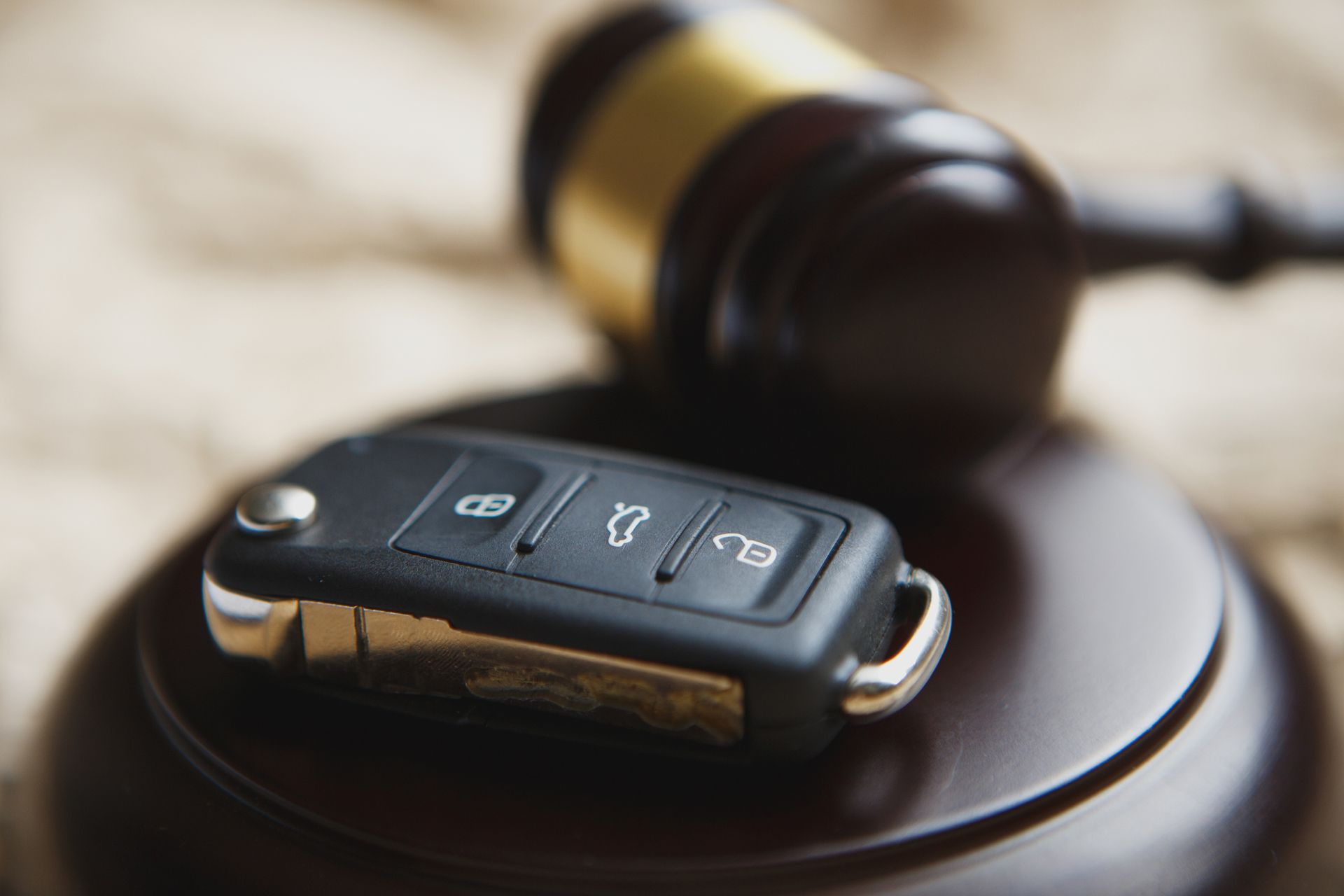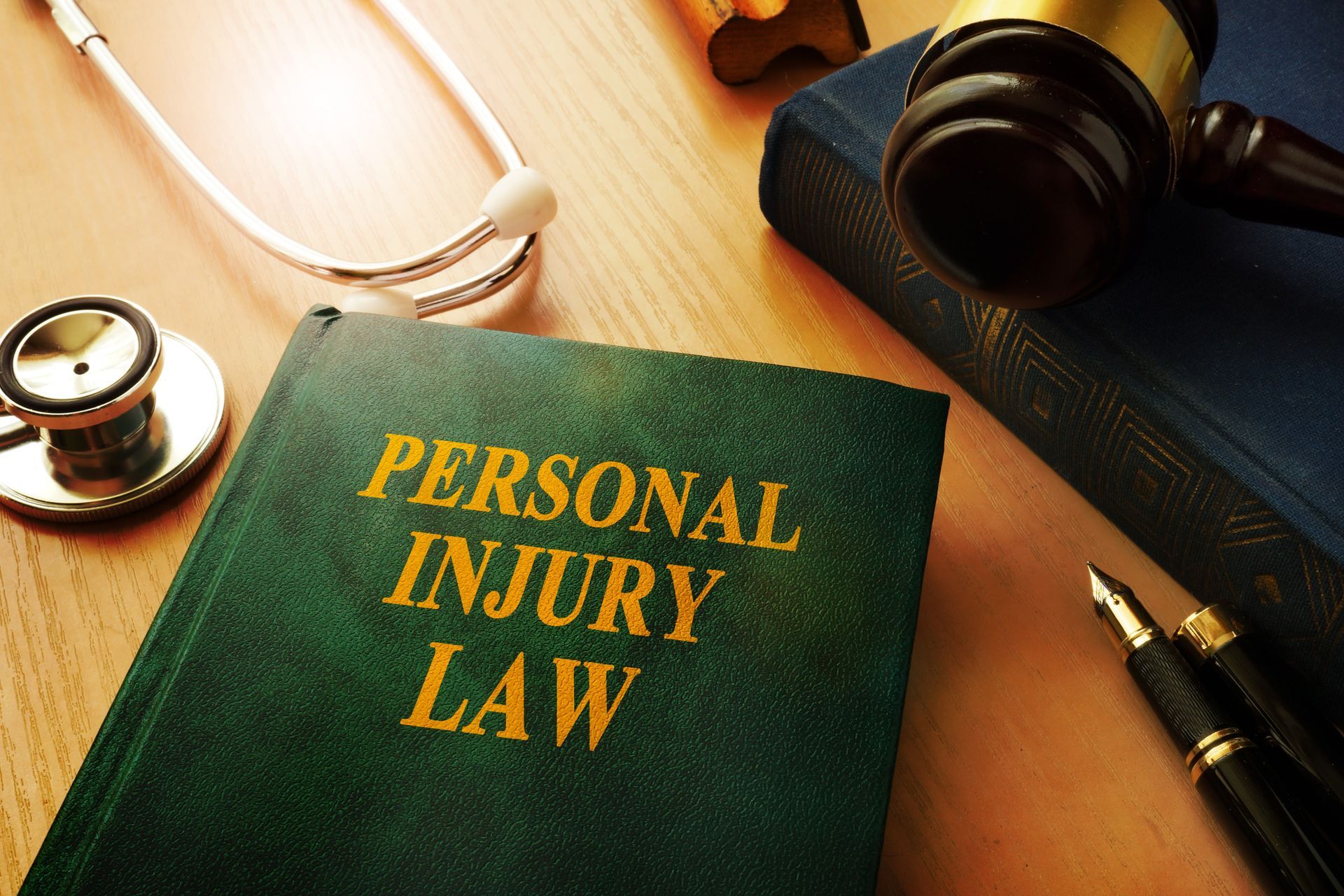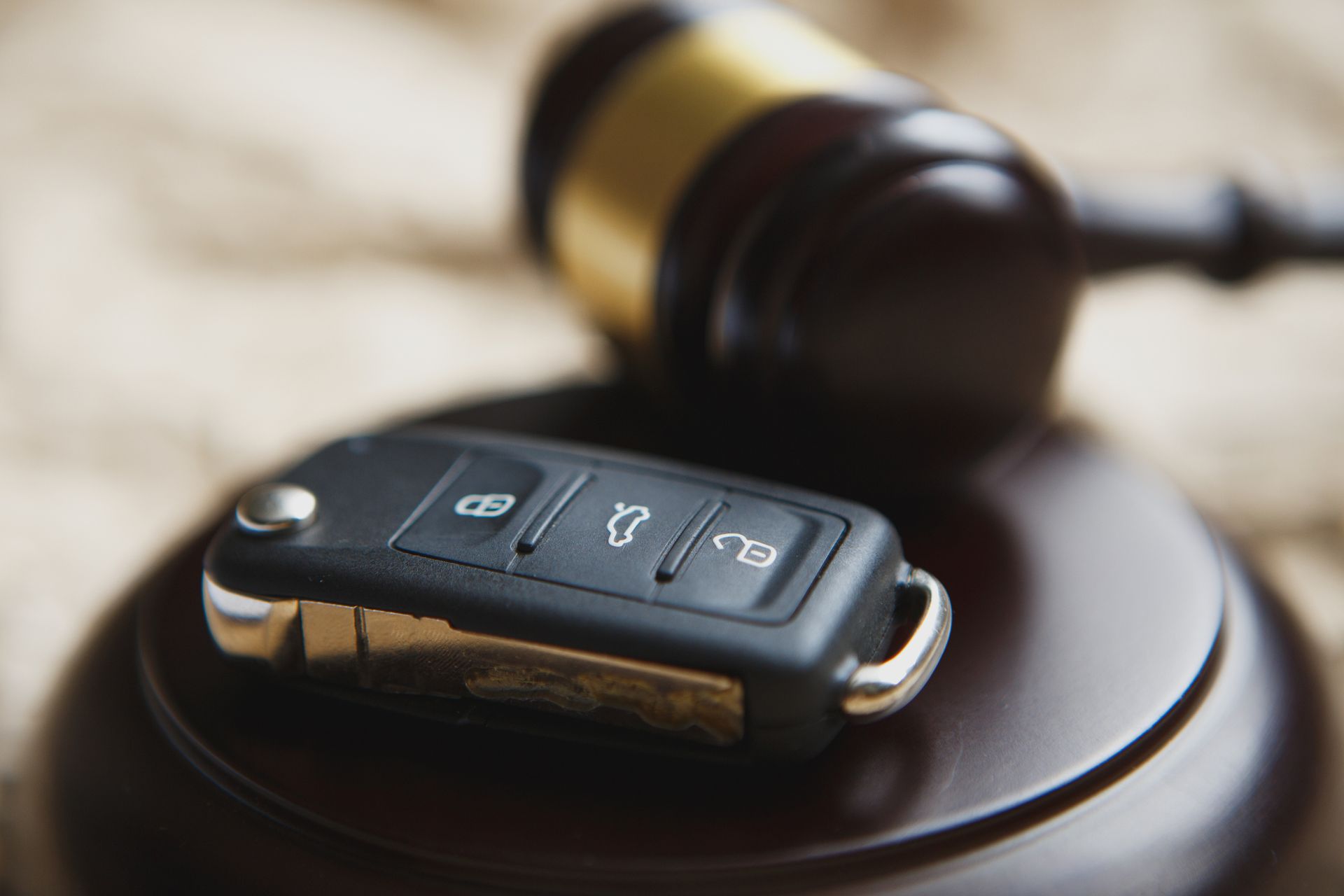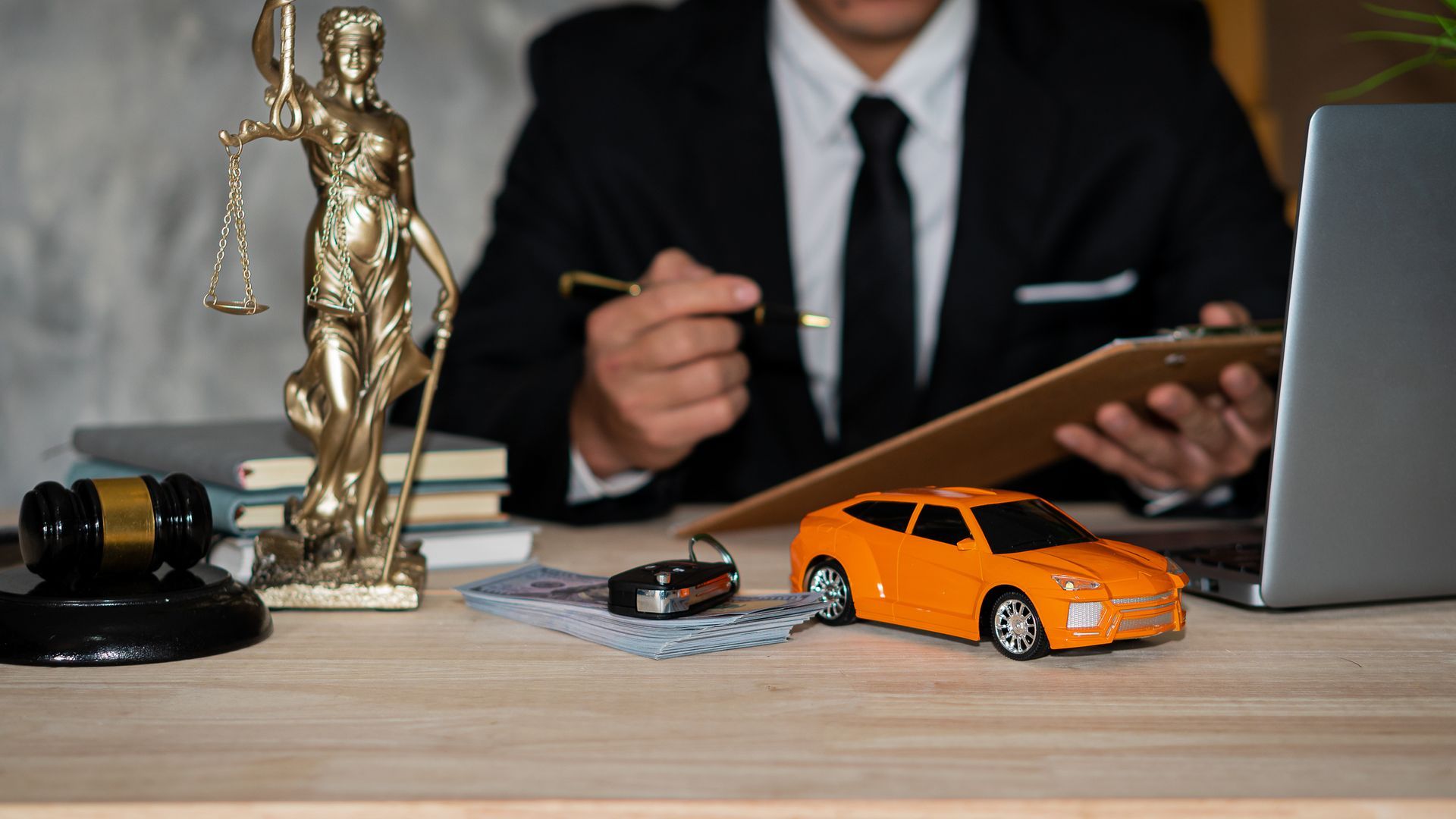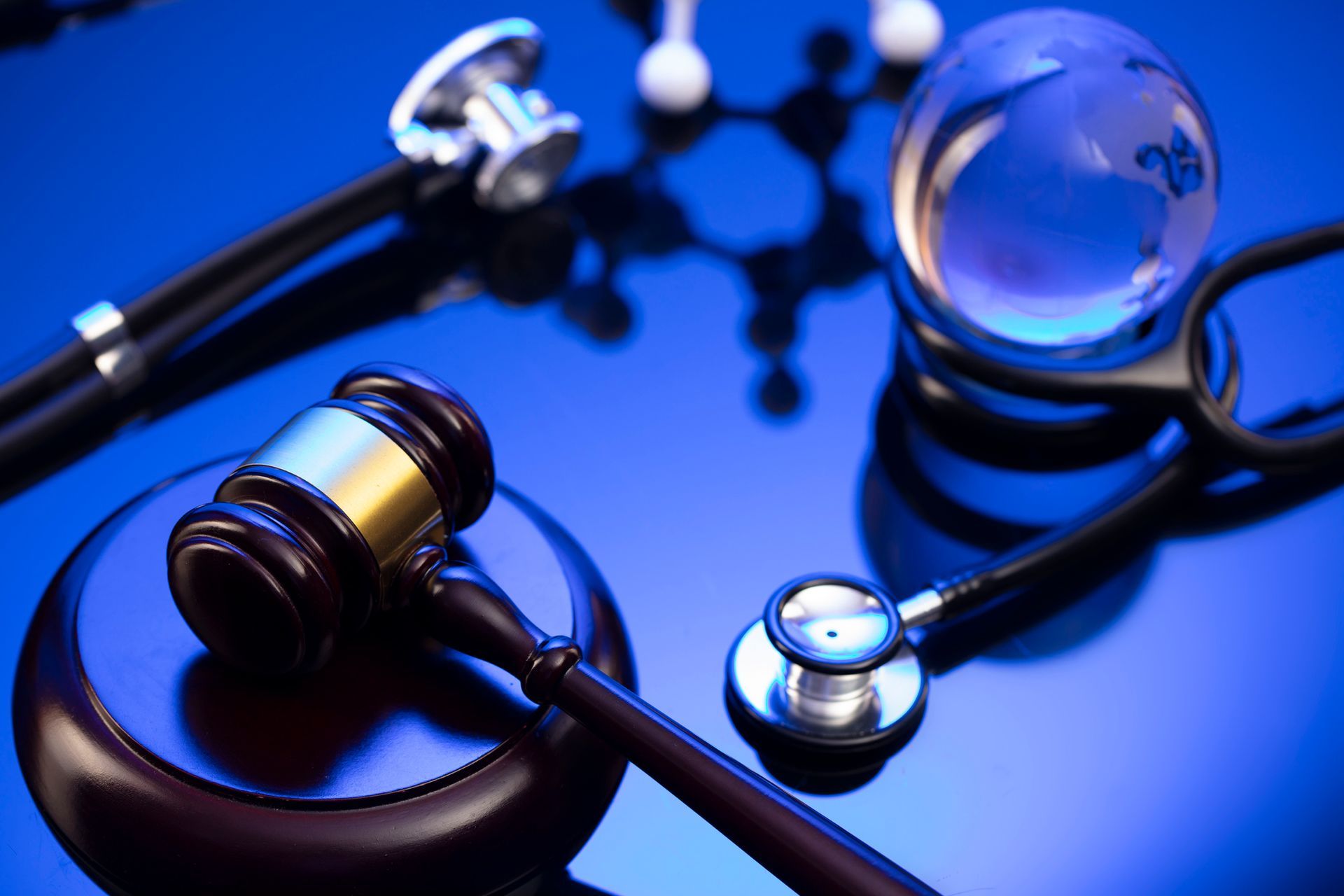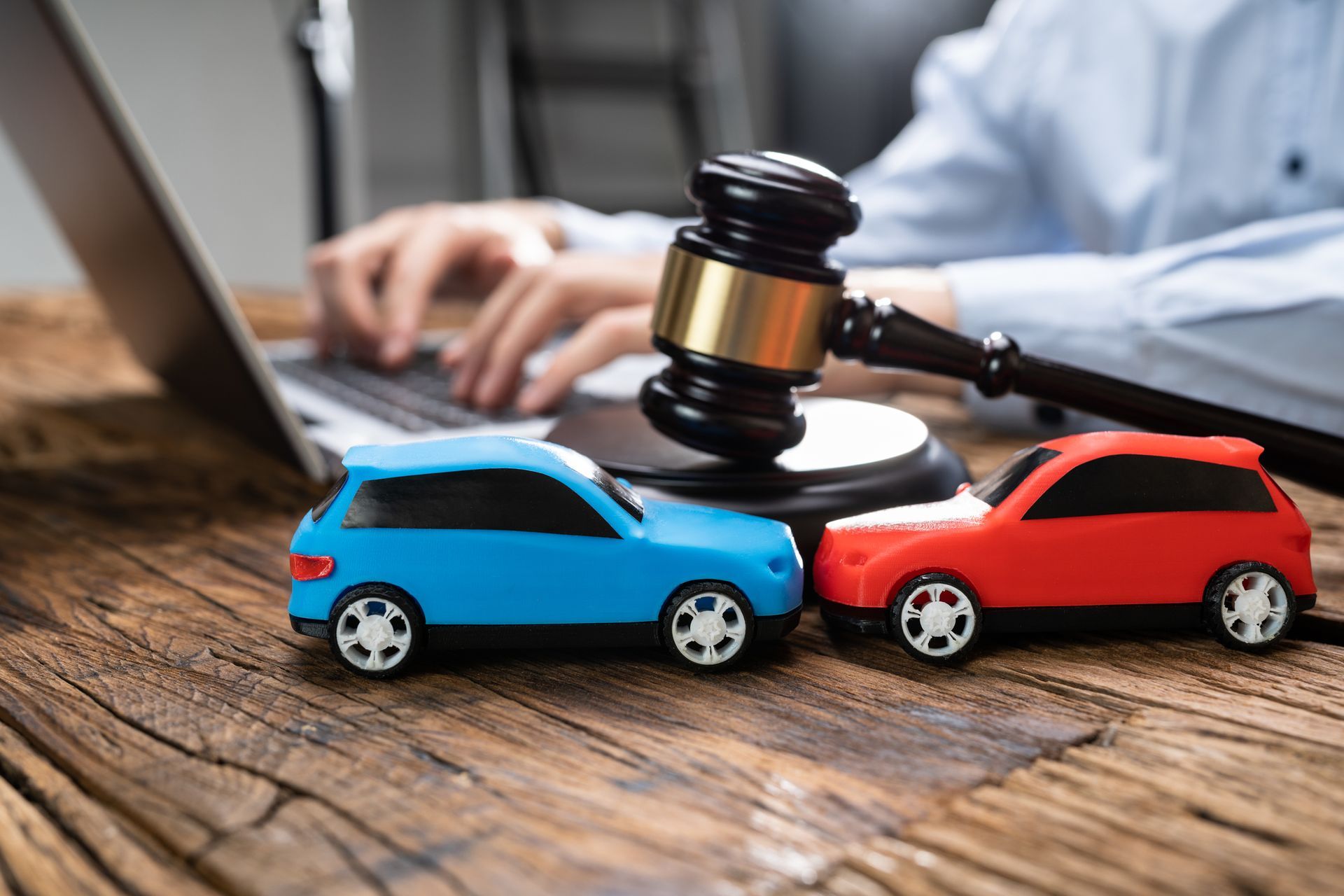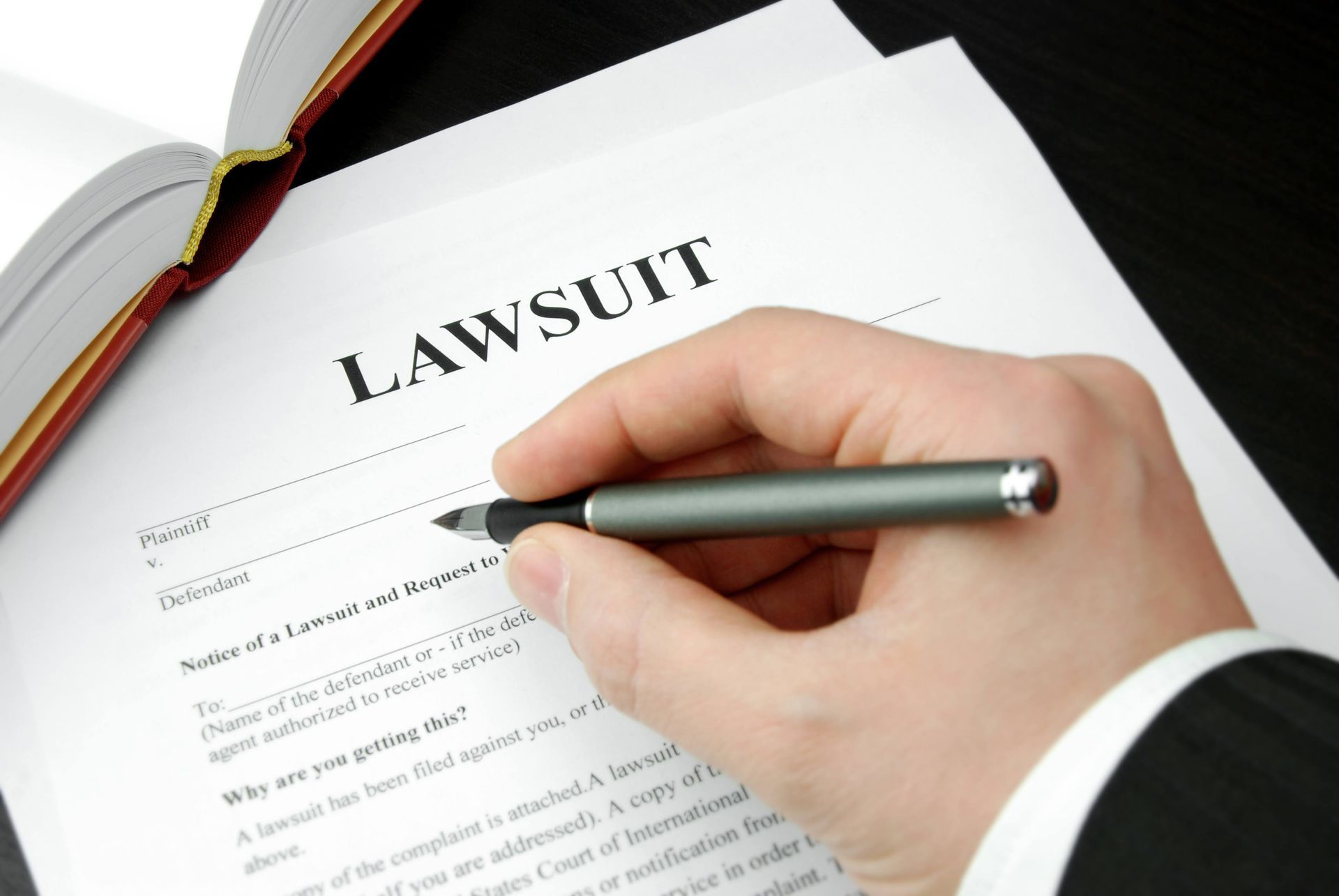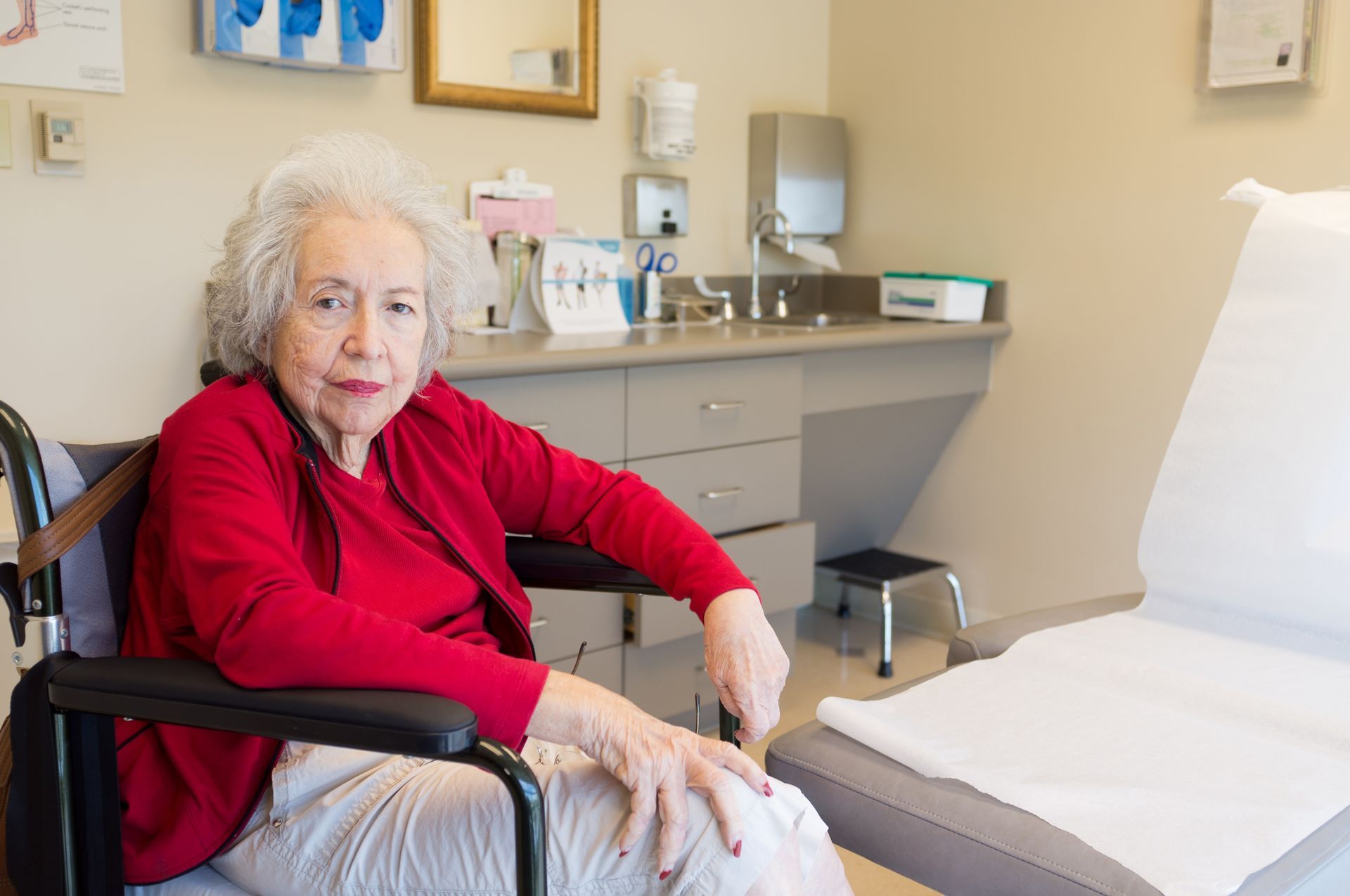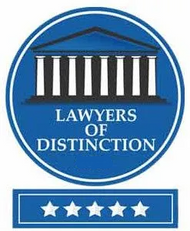5 Items You Should Collect After a Car Accident
October 17, 2022
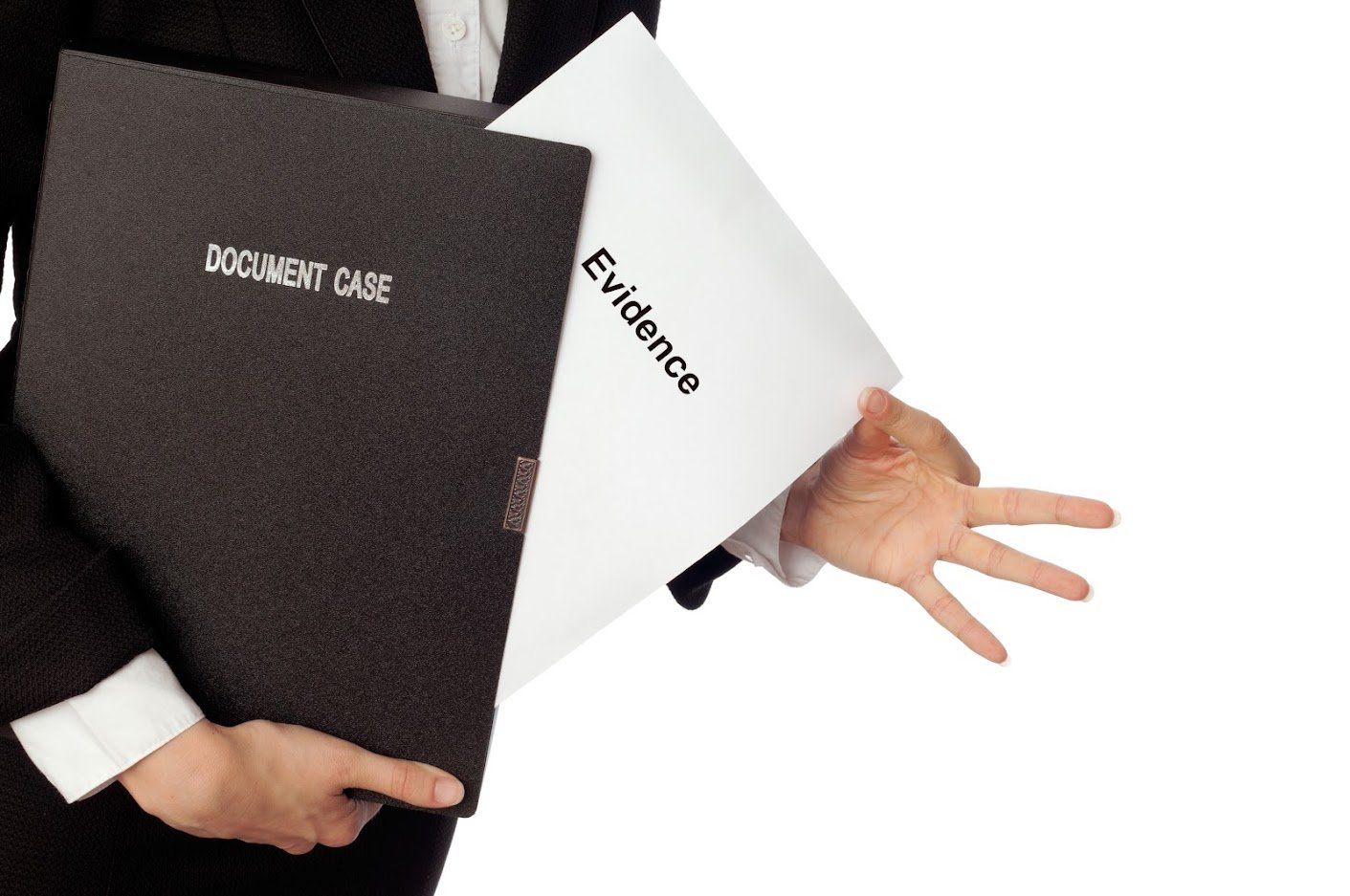
A vehicle accident is an unfortunate occurrence that may affect your health, emotions, or finances. Thus, you might consider suing the driver involved in the accident to recover some of the costs you might incur after the incident. You will need to present evidence to support your case to secure good compensation. Collect these five items after an accident to get a legal settlement in your favor.
When involved in an accident, you or the other driver should call 911 emergency services. The response team will often include a police officer and a medical team. The police officer will question you and the driver and try to learn the events leading to and after the accident.
Also, the police will collect the information of the involved parties. This information will include details like a driver's license, a license plate, and contact information. If the vehicle involved in the accident is a commercial vehicle, the driver should provide the company's contact information. Any witnesses, like passengers in your vehicle or passersby, can also feature their testimony in the report.
The officer in charge of the accident scene will then generate a police report based on all the information they collected. Secure a copy for yourself and your attorney. This report will help you prove liability when you negotiate or sue for compensation against the negligent driver or company.
Don’t forget to consult a physician after an accident. The doctor's assessment will prove that you visited a hospital and suffered some physical injuries in the accident. The doctor will examine you and check if you have any severe or internal injuries.
The doctor will prescribe any medication you must take to reduce the pain if your injuries are serious. They will then document your injuries in their report. Ask for this report when you leave the hospital. The report will show that the accident was a direct cause of any physical conditions you have.
The report will be even more important if you had any physical conditions before the accident. For example, you might have had back problems before the accident. Yet, the medical report shows that you suffered spinal injuries. The doctor's assessment will clear any confusion about your current state.
After the accident, take pictures or short videos of the scene. The photos and videos will act as evidence to show the severity of the accident. They might also give a visual representation of the damage your vehicle has from the other driver. If you have a dashboard camera (dash cam), you can present it as additional evidence in the case.
Have an appraiser you trust to check the vehicle after the accident. Have them assess the vehicle's condition, the damages, and the ways they impact its operation. Also, they should include a comprehensive list of all components and repair work necessary to restore your vehicle.
If you have a job, speak with your human resource manager to document all the days you missed due to the accident. This report will show that you missed your wages due to the limitations of the physical injuries from the accident. Also, it will provide a rough estimate of the driver's liability in the suit.
Personal injury cases need proof to show that the accused was liable for the injury and other losses you incurred. Speak to your lawyer after a car accident to understand how you can proceed with a personal injury case. You and your lawyer can secure and present these items to plan how the driver will compensate you.
Contact Schonberg Law Offices for legal help with a personal injury case.
1. Police Report
When involved in an accident, you or the other driver should call 911 emergency services. The response team will often include a police officer and a medical team. The police officer will question you and the driver and try to learn the events leading to and after the accident.
Also, the police will collect the information of the involved parties. This information will include details like a driver's license, a license plate, and contact information. If the vehicle involved in the accident is a commercial vehicle, the driver should provide the company's contact information. Any witnesses, like passengers in your vehicle or passersby, can also feature their testimony in the report.
The officer in charge of the accident scene will then generate a police report based on all the information they collected. Secure a copy for yourself and your attorney. This report will help you prove liability when you negotiate or sue for compensation against the negligent driver or company.
2. Doctor's Report
Don’t forget to consult a physician after an accident. The doctor's assessment will prove that you visited a hospital and suffered some physical injuries in the accident. The doctor will examine you and check if you have any severe or internal injuries.
The doctor will prescribe any medication you must take to reduce the pain if your injuries are serious. They will then document your injuries in their report. Ask for this report when you leave the hospital. The report will show that the accident was a direct cause of any physical conditions you have.
The report will be even more important if you had any physical conditions before the accident. For example, you might have had back problems before the accident. Yet, the medical report shows that you suffered spinal injuries. The doctor's assessment will clear any confusion about your current state.
3. Accident Media
After the accident, take pictures or short videos of the scene. The photos and videos will act as evidence to show the severity of the accident. They might also give a visual representation of the damage your vehicle has from the other driver. If you have a dashboard camera (dash cam), you can present it as additional evidence in the case.
4. Vehicle Damage Report
Have an appraiser you trust to check the vehicle after the accident. Have them assess the vehicle's condition, the damages, and the ways they impact its operation. Also, they should include a comprehensive list of all components and repair work necessary to restore your vehicle.
5. Work Office Documents
If you have a job, speak with your human resource manager to document all the days you missed due to the accident. This report will show that you missed your wages due to the limitations of the physical injuries from the accident. Also, it will provide a rough estimate of the driver's liability in the suit.
Personal injury cases need proof to show that the accused was liable for the injury and other losses you incurred. Speak to your lawyer after a car accident to understand how you can proceed with a personal injury case. You and your lawyer can secure and present these items to plan how the driver will compensate you.
Contact Schonberg Law Offices for legal help with a personal injury case.
